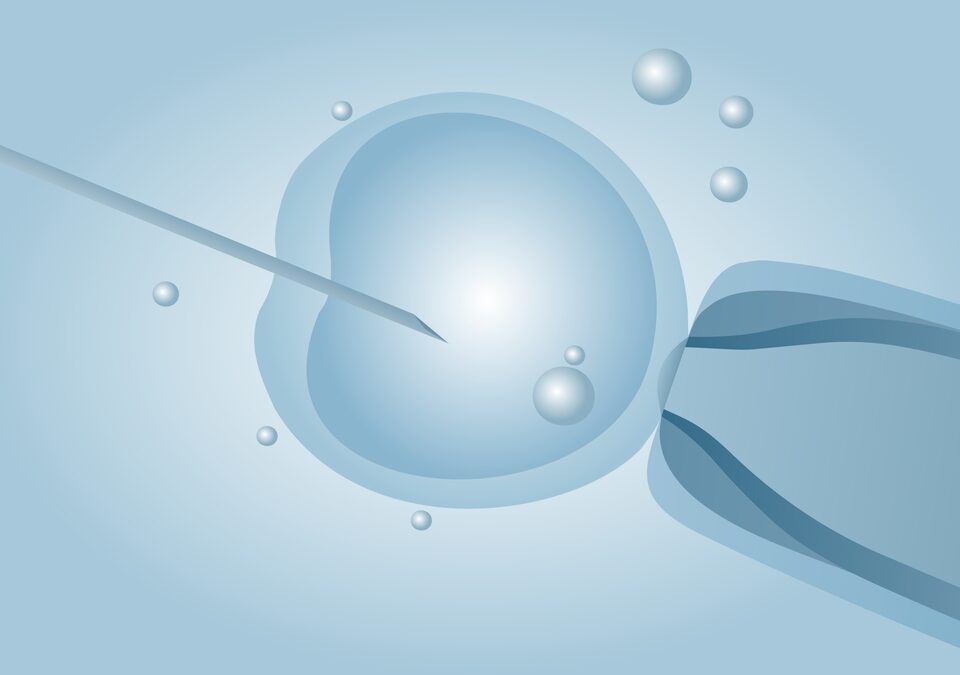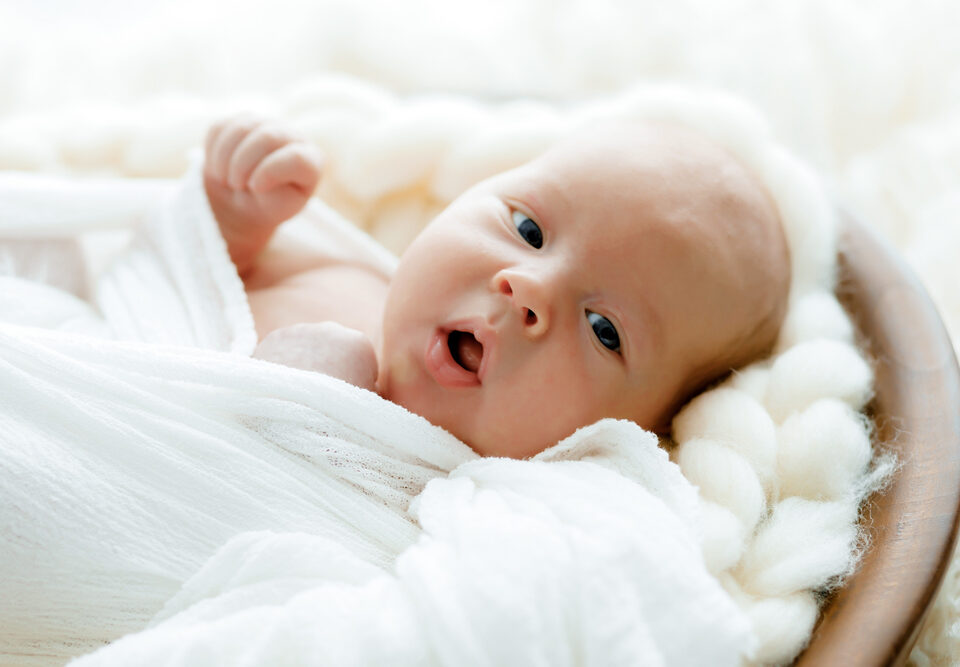Battle over Parental Rights Plagues Schnitzer
April 4, 2016Lesbian Couples Fighting for Right to be Named on Birth Certificates
April 15, 2016Update on Surrogacy in Mexico 4/30/2035
A Stronger, Safer, and Clearer Legal Framework
In the years since those early struggles, Mexico has taken significant strides in regulating and safeguarding surrogacy practices. Several states — notably Tabasco and Sinaloa — have introduced legal frameworks that clearly outline the rights and responsibilities of all parties involved: intended parents, surrogates, medical professionals, and the children born from these arrangements.
These updated regulations prioritize:
* The welfare and informed consent of surrogate mothers.
* Legal certainty for intended parents, both domestic and international.
* The protection of children’s rights from birth.
For families considering surrogacy in Mexico today, this means no longer navigating a murky system, but engaging in a process supported by transparent legal contracts, ethical medical practices, and established government oversight.
Improved Medical Oversight and Ethical Standards
Alongside legal reforms, Mexico’s fertility clinics and surrogacy agencies have worked hard to raise the bar in terms of professionalism, medical standards, and surrogate support. Accredited clinics now operate under rigorous protocols to ensure the safety of embryo transfers, the health of surrogate mothers, and consistent, compassionate communication with intended parents, wherever they may be in the world.
A Renewed Destination for Hopeful Parents
Mexico has reemerged as a trusted destination for international surrogacy. With its improved legal protections, ethical safeguards, and proximity to world-class fertility services, intended parents can now pursue their dreams with far greater peace of mind.
A Message to Families Still on This Journey
While no surrogacy journey is without its emotional challenges, it is deeply reassuring to witness how Mexico has listened, learned, and evolved from the difficult stories of the past. The brave families who shared their experiences years ago played a vital role in driving this positive change, and their voices continue to matter. If you’re considering surrogacy in Mexico today, know that it’s a different environment
than it was in 2017. With careful planning, experienced legal guidance, and the support of ethical, accredited clinics and agencies, many hopeful parents are now realizing their dreams in a safer, more transparent setting.
Hope remains and it shines a little brighter now.
************************************************************************************************************
In a short video clip that has gone viral, David and Nicky Beard’s “triplings” are shown relaxing on their backs on a large bed in between their fathers, who are looking at them adoringly. The husbands used two surrogates from Mexico to achieve their dream of having a family. The twins, Blake and Kelly, were carried by one surrogate, and the other delivered their singleton, Lachlan.
David Beard, 41, is the biological father of the babies; his sperm were used to fertilize eggs from an Argentinian egg donor. The babies were born in early March 2016, and the Beard family is still in Mexico.
Overseas surrogacy in locations such as India, Thailand, and Mexico has been successful for foreign individuals and couples. However, these cases can be fraught with difficulties that shed light on the glaring differences between these nations and the United States.
Lachlan arrived prematurely, requiring neonatal intensive care, and his parents made the decision to have him airlifted to a hospital that could better meet his medical needs. Due to the mounting hospital bills associated with his care and the care of his siblings, the Kiwi couple is now $280,000 in debt. Reporters Jonathan Milne, Nicole Lawton, and Anna Burns-Francis collaborated on a recent article published by Stuff.
They wrote, “The couple desperately wanted to get their children home from Villahermosa, where they said they were born among cockroaches and in other unhygienic hospital conditions. They were pleading for help from friends and family around the world but, most of all, from the New Zealand and Mexican governments.”
These intended fathers live in New Zealand and are used to healthcare in a developed country, with all its accoutrements, and were probably terrified for the well-being of their babies.
It’s imperative that intended parents understand that there is a reason why surrogacy agencies in developing countries can charge less. The medical care is generally not on par with that of first world countries.
Even with that said, the director of Surrogacy Cancun, Alice Torres, is fighting back and refuting the claims regarding the hospital conditions at the clinic in Mexico recommended by her agency.
In a different Stuff article, she also told the reporters that the medical costs increased because Lachlan was on life support for a total of 14 days. The reporters went on to write, “…she said the Beards then made the decision to use a hospital not endorsed by her agency.”
Torres also shared that the surrogacy contract underscores that intended parents are responsible for any costs arising from birth complications.
“As far as additional funds to cover his premature birth, it is listed in his contract, as part of his responsibility. He [David] has known this all along,” Torres told the media.
The couple shared that a month before their children’s births and after their final payment was drawn from their escrow account, they were “abandoned” by their agency manager.
David and his husband Nicky, 31, have hired an attorney specializing in family law to help them get their babies home.
The couple is also making a plea to Michael Woodhouse, New Zealand’s immigration minister, for intervention. They are asking that the babies receive passports issued by the New Zealand Embassy in Mexico City, a much less cumbersome process than requesting Mexican passports for infants with no biological ties to Mexico.
Reporters were able to reach The Ministry of Social Development in New Zealand, which said that the government was familiar with the case and had offered some information to the Beard family.
“Their situation is typical of many international surrogacy cases. They can be highly complicated, involving other countries’ laws and procedures and involve a high degree of uncertainty,” she said. The government of New Zealand intends to focus its efforts on the adoption of the children by Nicky Bread, the non-biological parent, after the family returns home.
The couple hopes they will be home by next month. We all hope that this is the case for them as well.



